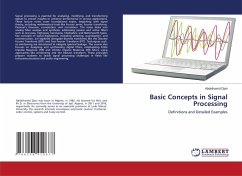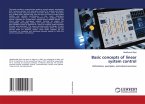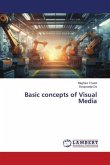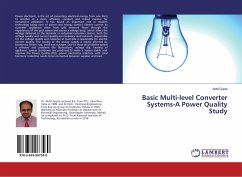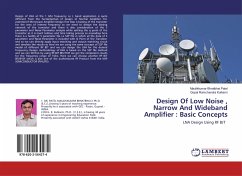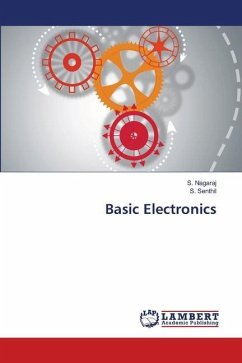Signal processing is essential for analyzing, modifying, and transforming signals to extract insights or enhance performance in various applications. These lecture notes cover foundational topics, beginning with signal theory, including mathematical tools like Fourier series, Fourier transforms, Parseval's theorem, convolution, and correlation. The notes delve into analog filter analysis and synthesis, addressing passive and active filters such as low-pass, high-pass, band-pass, Chebyshev, and Butterworth types. Key concepts of signal digitization, including sampling, quantization, and reconstruction, are explored alongside discrete transforms like the Discrete Fourier Transform (DFT) and Fast Fourier Transform (FFT). Techniques such as windowing are introduced to mitigate spectral leakage. The course also focuses on designing and synthesizing digital filters, emphasizing Finite Impulse Response (FIR) and Infinite Impulse Response (IIR) filters, using approaches like windowing and the bilinear transform. These principles prepare students to tackle signal processing challenges in fields like telecommunications and audio engineering.
Bitte wählen Sie Ihr Anliegen aus.
Rechnungen
Retourenschein anfordern
Bestellstatus
Storno

